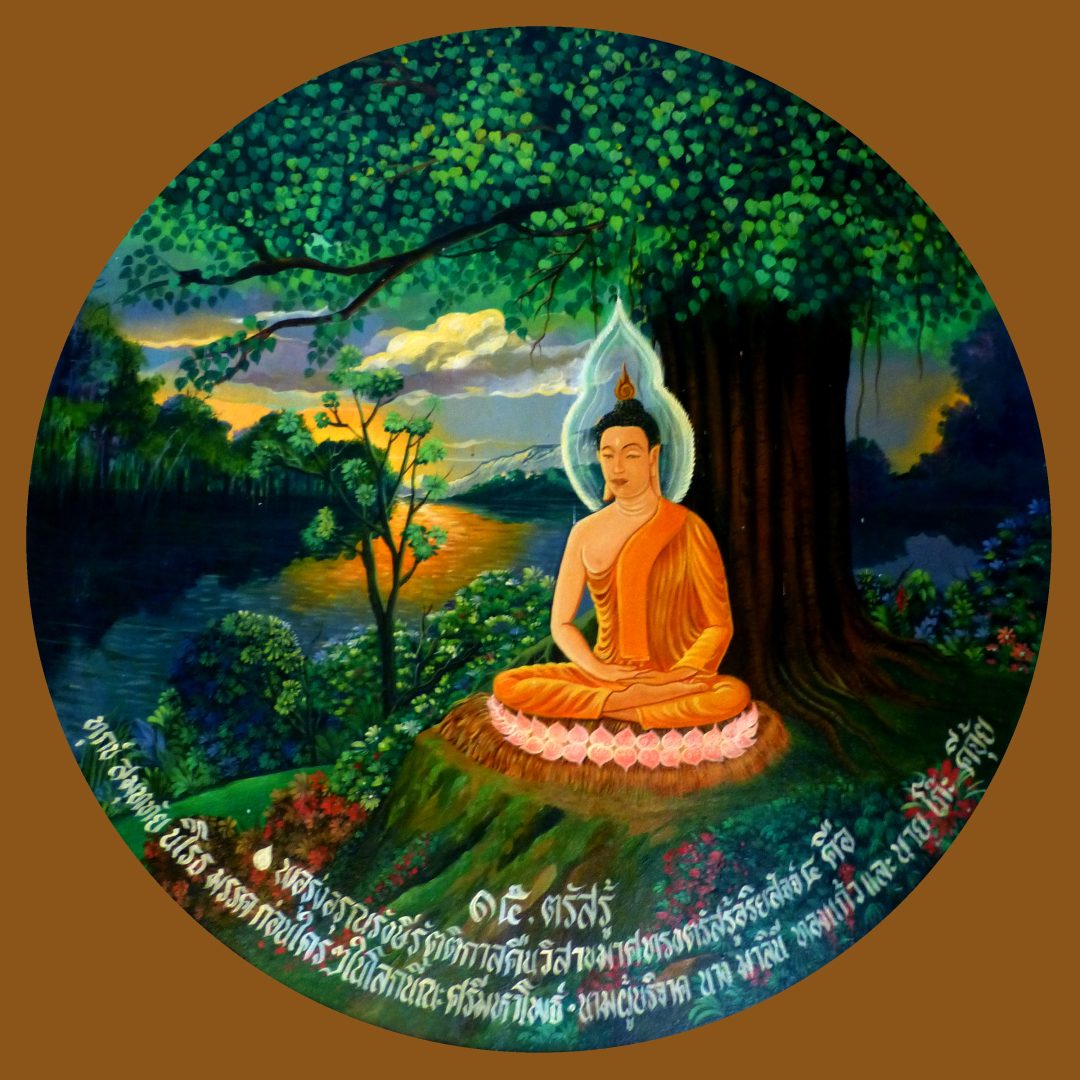Buddhism is often seen as esoteric; especially by individuals who live outside of Asia. This is a shame because there is nothing exotic about Buddha’s philosophy.
The tenets of Buddhism are encapsulated in the Four Ordinary Foundations, or more commonly called the Four Noble Truths. They are simple to understand and provide a solid basis to live a better life.
The Four Ordinary Foundations
Life is suffering.
Many people see this truth and assume that Buddhism is focused on the hardships of living. This is not true. The meaning of this foundation is that suffering is a natural part of life. It is unavoidable. But, there is a reason for all of life’s suffering, and it is revealed in the Second Noble Truth.
Suffering is caused by desire.
 Think about it. We as humans suffer because we want something we do not possess. Want to be more beautiful? You will suffer. Want more money? You will suffer. Ultimately we do not want to die, yet we know we will. This causes us, humans, all types of issues.
Think about it. We as humans suffer because we want something we do not possess. Want to be more beautiful? You will suffer. Want more money? You will suffer. Ultimately we do not want to die, yet we know we will. This causes us, humans, all types of issues.
Mental anguish is created by our own desires, but since we create our own mental stress, we alone can instantly end it. But how?
End desire, end suffering.
Yes. It is that simple. Just refuse to allow yourself to want what you do not have. In theory, it is good, but how does one vanish desire from their minds; especially in today’s materialistic society? Does Buddhism provide a method to end desire? Yes, it does.
Follow the Eight Fold Path
What? Sounds a little new age? Well, it is not. The eight ways to end suffering are:
Right View: We should see things as they are, not how we or others want them to be. Sometimes, a cigar is just a cigar, after all.
Right Intention: To end suffering one needs to commit to abandoning negativity and to have a positive outlook on life, and others living things.
Right Speech: My mother always said, “If you don’t have anything nice to say, don’t say anything at all.” Buddha would have agreed with her.
Right Actions: Don’t do anything that you would not anyone to know. Avoid unpleasant actions, and instead concentrate on positive, helpful actions.
Right Livelihood: Earn your money honestly, without exploiting others.
Right Effort: Try. Try really, really hard.
Right Mindfulness: Avoid stereotypes and preconceived notions. Live each new minute, each new second without comparing it to the past, or concentrating on the future.
Right Concentration: When you do something, put all your effort, and energy into it. Do not be slacker.





